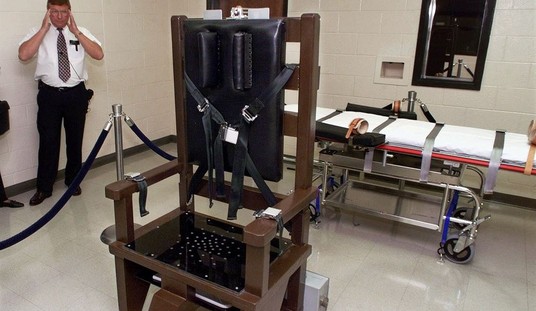The House and Senate are only in session at the same time for a grand total of five days before the Christmas holiday hits, and there are still several big-ticket items lingering on the potential Congressional docket. Among them: A defense authorization bill; the big budget deal on which Paul Ryan and Patty Murray are working; and of course, that behemoth of corporate pork so very important to the special interests in flyover country, the so-called farm bill.
The country is currently operating on a temporary extension of the combined agricultural and food-stamp policy legislation, and passing another multi-year package has been going through fits and starts of varying degrees of legislative drama over the past six months, without any major breakthroughs. The bill’s conferees (Senate Agriculture Committee Chairwoman Debbie Stabenow, D-Mich., ranking member Thad Cochran, R-Miss., House Agriculture Committee Chairman Frank Lucas, R-Okla., ranking member Collin Peterson, D-Minn.) failed to meet their goal of reaching a framework for a conference report before Thanksgiving, and even with phone calls and meetings happening over the break, it doesn’t sound like there’s been much definite progress — as much as they actually do want to get something passed rather than reverting to yet another extension, via National Journal:
But they did meet three times last week and have talked on the phone several times since. The Senate is not in session this week, but all conferees have been told they may be summoned to Washington for an open conference meeting on the bill on Wednesday. A Cochran spokesman said that whether the meeting takes place this week or not, “The principals continue to talk and are having substantive discussions. They all hope to come up with a plan that is workable for all parts of the country.” …
One congressional aide working on the bill reacted in stronger terms. Even though the principal negotiators didn’t get the framework, “it’s not like everyone is angry with each other and not talking anymore. Who wants to talk about a two-year extension when we are this close to getting a farm bill done? It beats anything I’ve ever seen.” …
The principal negotiators and the Agriculture Department have warned that if a new bill is not signed by Dec. 31, the USDA will have to start using the 1949 dairy program and that would result in higher milk prices. But in an interview, Hoeven acknowledged that many legislators consider Jan. 15, the date when the current continuing resolution funding the government runs out, to be the real deadline for a budget deal, for an appropriations bill for the rest of fiscal 2014, and for the farm bill. But he said he worries that leaving the farm bill till January could mean that it gets too mixed up with other legislation. He also noted that as the year moves along, the bill would be subject to rescoring, which could complicate its completion.
There’s still some discussion over certain of the agricultural-policy measures, but the big sticking point that will draw the most attention (as ever) is going to be food stamps and the oh-so-draconian five percent cut House Republicans have proposed to the metastasized federal program. Via the WSJ:
If the farm bill stalls again this year, both parties will try to paint the other as responsible for the failure. The dynamic could influence a range of 2014 races in both the House and Senate, including in Montana, where the issue helped Democratic Sen. Jon Tester retain his seat last year. In Iowa, the farm bill is so important that Democratic Rep. Bruce Braley, running for an open Senate seat, broke from most in his party to join Republicans in supporting the House’s first, failed attempt to pass a farm bill in June.
“This is going to be a very significant issue,” said Rep. Steve Israel (D., N.Y.), chairman of the Democratic Congressional Campaign Committee, which oversees House races for the party. He signaled that Democrats would accuse Republicans of politicizing what had traditionally been a bipartisan bill, in part by demanding big cuts to food stamps. “It fits into the overall theme of a reckless, Republican Congress that injects partisanship and ideology into issues that had always been bipartisan,” he said.
Some conservatives, by contrast, say that lawmakers will be rewarded if they reject a farm bill that spends too much money or ends up resembling “corporate welfare” for farmers. “It’s an opportunity for them to say Washington is not in the business of handing things out to people,” said Dan Holler, spokesman for Heritage Action for America, the lobbying arm of the Heritage Foundation, a conservative think tank.
It won’t be nearly as important a campaign issue as ObamaCare, for instance, or any other number of issues, but it’s still a big deal in a lot of more rural districts, and both parties will be looking to take advantage of it, especially is Congress does end up going for yet another extension.








Join the conversation as a VIP Member